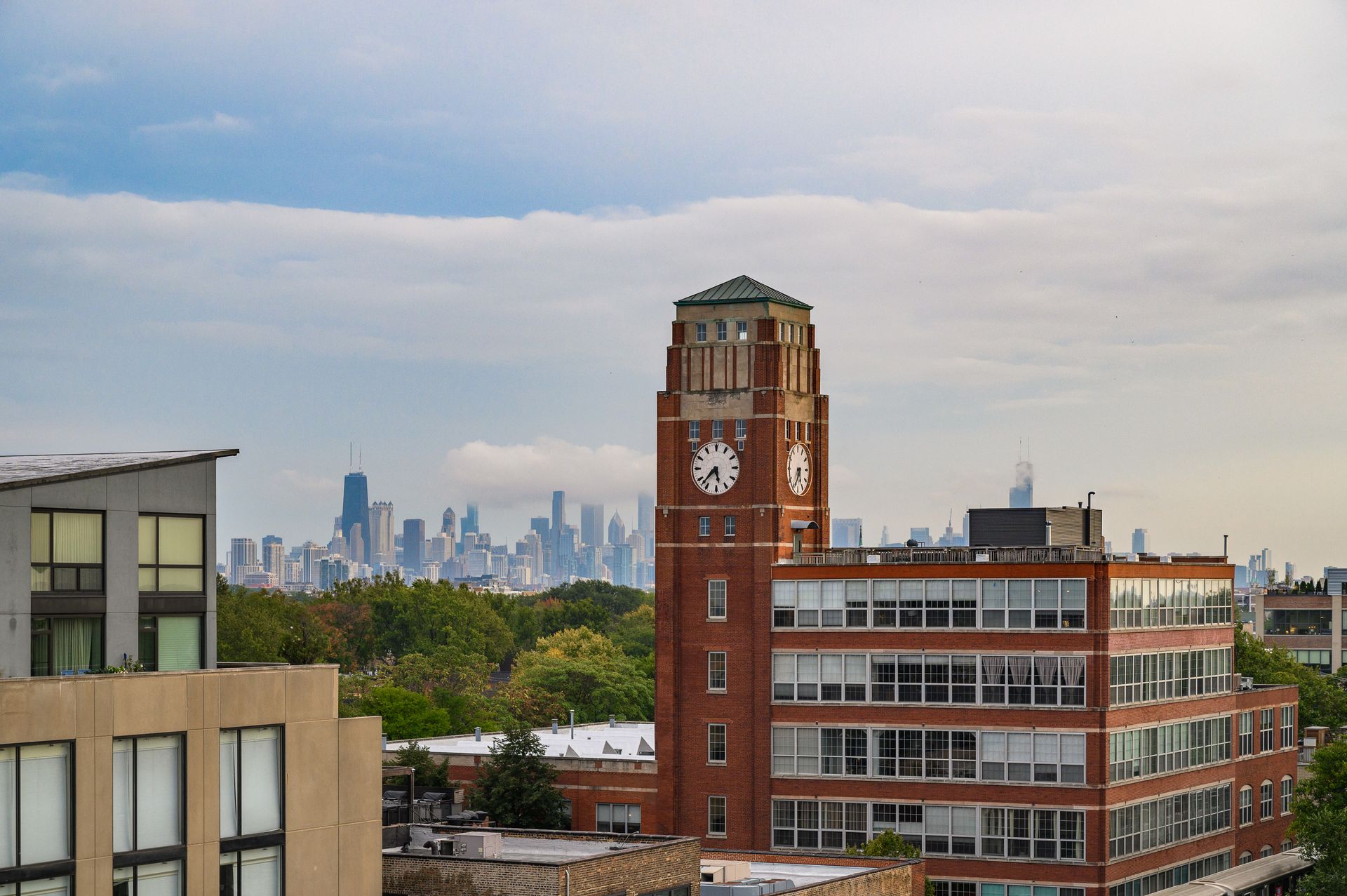When is The RLTO Not Applicable to Chicago Housing Providers?

The Residential Landlord and Tenant Ordinance (RLTO) covers the legal rights and responsibilities of both landlords and tenants. From the city’s website, the purpose of the ordinance is to promote the public health, safety, and welfare of its citizens.
The RLTO does a nice job of establishing minimum guidelines and standards to protect tenants, and rightfully punishes housing providers that do not adhere to these standards. However, it is a long ordinance laced with unintended consequences for simple, honest, mistakes such as miscalculating interest on a security deposit. Drexel Properties works with owners to ensure compliance with the RLTO, but ultimately investors should consult with a knowledgeable attorney familiar with the ordinance. The RTLO is not applicable to all situations and below are several examples not covered under the RTLO:
- If the building is six units or less and owner-occupied. For example, if you buy a 3-unit property and live in one of the units, the RTLO does not apply to this building while you remain a live-in owner.
- Non-residential units. If you buy an 8-unit apartment building with a mix of six residential apartments and two storefronts, the two storefronts are not covered under the RTLO (the ordinance does apply to the six apartment buildings)
- A dwelling unit occupied by an employee of a landlord whose right to occupancy is conditional upon employment in or about the premise. If you have a unit rented out to your maintenance employee, and the lease is contingent on him working for you, the RTLO does not apply to this unit.
- Student housing where the housing agreement is entered into between the student and an institution of higher learning where the institution exercises control or supervision of the students. Note that just because a housing provider is advertising and renting to students, the RTLO would still apply as you are likely not an institution of higher learning.
- Dwelling units in hotels, motels, inns, bed-and-breakfast establishments, rooming houses, and boarding houses, but only for the first 31 days of a tenant’s stay (short stay).
If you have questions on the RTLO or any other property management-related topics,, feel free to reach out to Drexel Properties at
help@drexelproperties.com.








